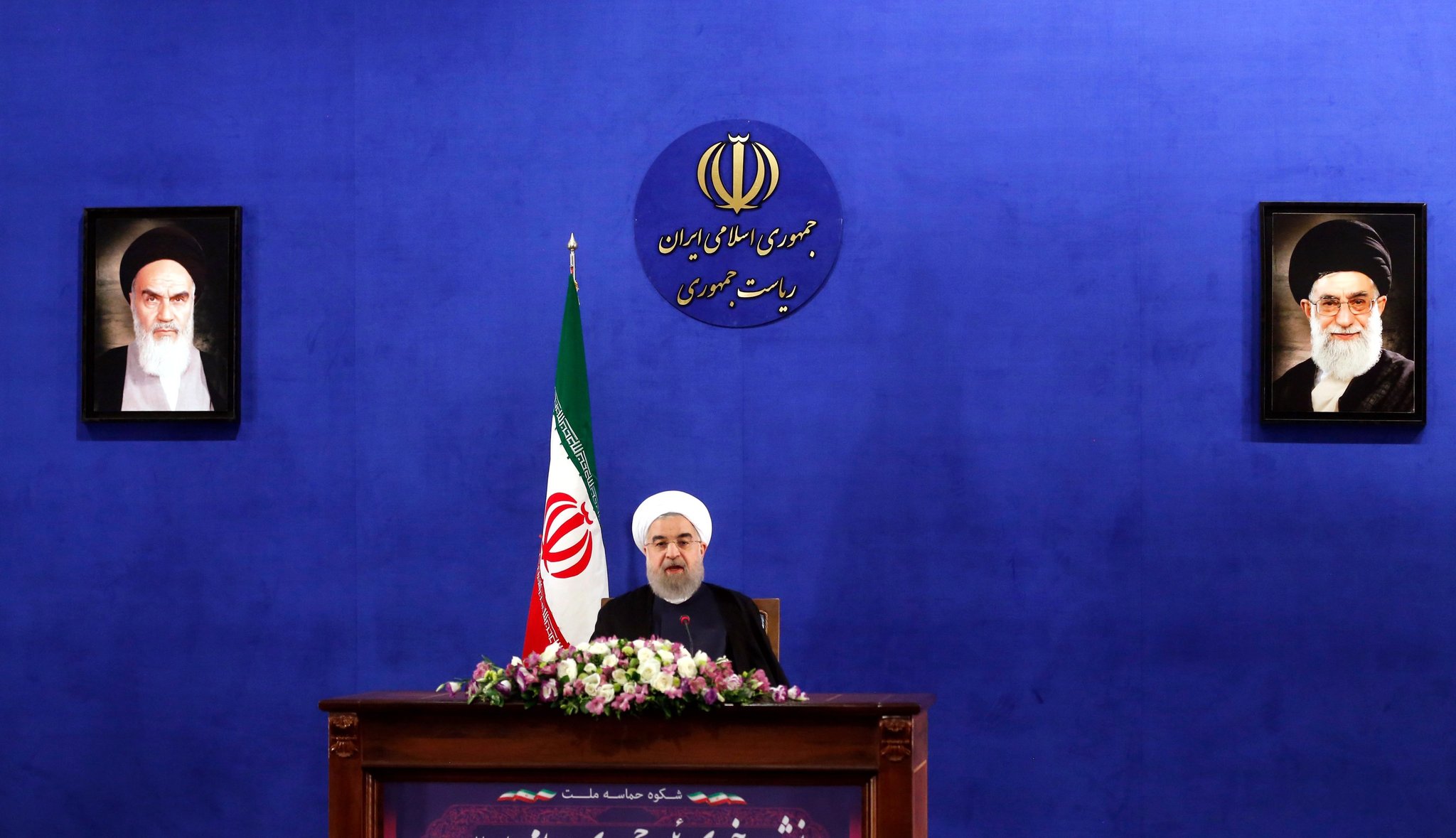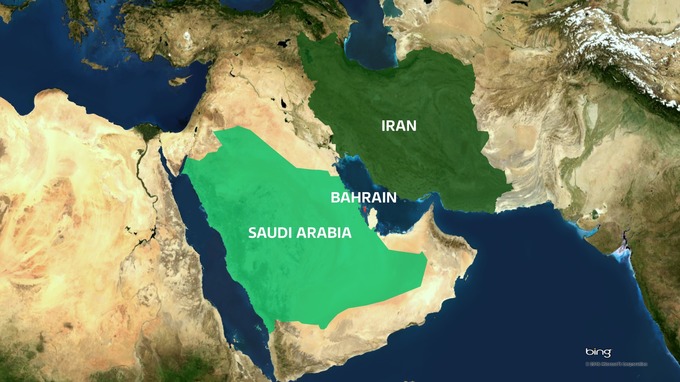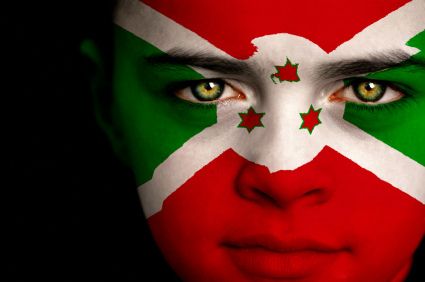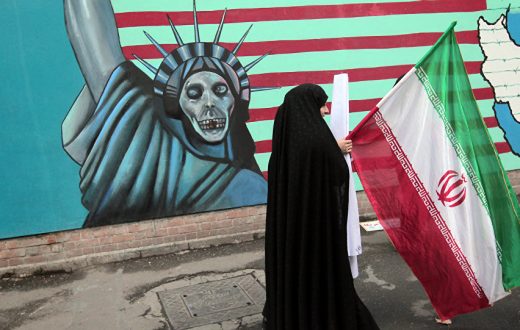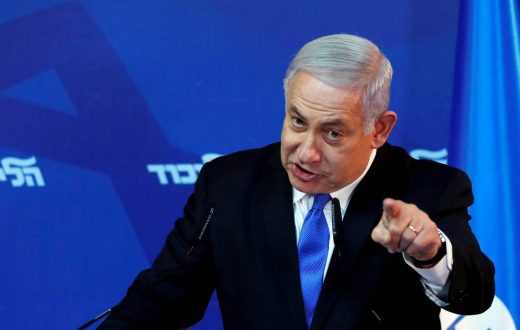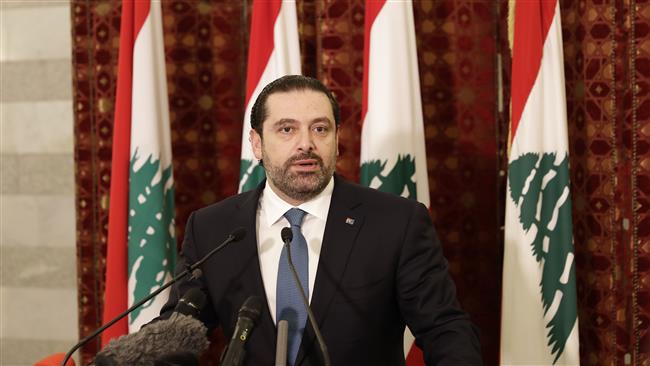On May 19th Iran went to the polls and Hassan Rouhani was re-elected by a majority. The campaign was about the economy, minority rights and reforms. In theory, when we look at the political structure of Iran, it is close to western democratic countries but in reality it is something else. Explicitly, Iran is a democracy as there is a democratic element but in practice the system is a theocracy, since Sharia religious dogma is used as law and decree.
Since the Islamic Revolution 38 years ago, Iran has been isolated from international relations but the dynamic situation of contemporary Iran has changed. They have managed to return to the international scene through the Iran nuclear deal brokered in 2015. This was between the Islamic Republic of Iran and a group of world powers: the P5+1 (the permanent members of the United Nations Security Council—the US, the UK, Russia, France, and China—plus Germany) and the European Union.
However, Iran has failed to benefit from the JCPOA (Joint Comprehensive Plan of Action) nuclear deal in terms of rebuilding relations with Europe and the future of the deal is at risk. However, since the deal’s implementation Iran has been increasing its oil exports, gaining access to $30 billion of its frozen assets abroad and inking investment agreements totaling $60 billion. Apart from the elected presidents’ promises about the deal, the re-election of Rouhani is good news but the bad news is from the US president as Trump has previously promised to undo the Iran nuclear deal, and in his recent trip to the Middle East President Trump warned Iran again about the nuclear threat.
Besides all that, the question that arises here is ‘why do you see the phrase “nothing changes” when searching online about the Iranian election? It seems international analysts and journalists care less about the Iranian elections in comparison to the elections in other countries. Since, international leaders, mainly the US, often reference Iran in their speeches, saying that Iran seeks to develop nuclear weapons, supports terrorism, is backing the Syrian regime, and is using proxies in Syria, Lebanon, Iraq, Bahrain and Yemen, it seems surprising that there is not more coverage of the election.
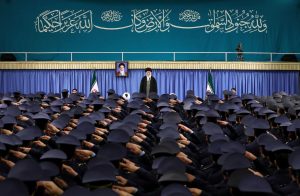
However, the election is not important in Iran as long as nothing changes internationally and locally because the main leading figure is the supreme leader, currently Khamenei. He succeeded the first supreme leader Khomeini, known in the Western world as Ayatollah Khomeini, who was an Iranian Shia Muslim religious leader, and revolutionary. Khamenei is at the top of the executive branch of political structures but is not the elected president. Therefore, the elections and new president change nothing as the supreme leader set policies, oversees the military, appointing military and judiciary leaders, although he supervises the constitution and selects the revolutionary guards such as the Qasem Soleimani (the senior military officer in the Army of the Guardians of the Islamic Revolution, and since 1998, commander of its Quds Force). Also, the Supreme leader appoints most members to the Guardian Council.
Iranian Shias think that Imam Mahdi, the prophesied redeemer of Islam, remains hidden from humanity until he reappears and imposes world justice. This faith has caused them to think that the government and country have to be led by high ranks of clergymen. This prevents others such as Sunnis, and other religious minorities from nominating themselves to run for election. Beside the elections for 38 years, there is little tolerance for religious minorities, and there are restrictions on freedom of speech and thought; everything regarded as un-Islamic is banned.
Iran has a special and very complicated situation. Iran is a republic and has thousands of years of history. Iran is a culture, and a nation, and additionally Iran means religious plurality and Islamic politics. There is a misconception that Iran is only a Shia state; in reality the Iranian identity is also strong. The Iranian regime has succeeded in combining the Iranian and Shia identity to impose their strategy and the sustainability of their regime.
In my opinion, religious political systems as in Iran that use democracy also use religious laws are more dangerous than non-democratic ones. In fact, historically speaking, Islamism is incompatible with democracy. It’s true that Iran is the birthplace of political Islam, mainly Shia Islam, but the Iranian regime is using religion and democracy only to decorate their political structure and stability. Nevertheless, political Islam has failed to be implemented by other modern states, but Iran has been successful so far.
Edited by Alex Kohn

